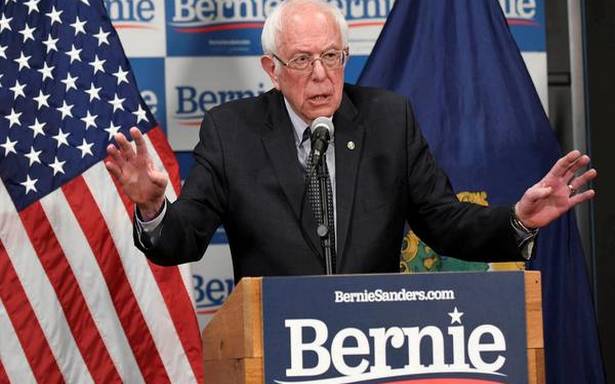Bernie Sanders, the insurgent American politician who pushed the Democratic Party to the Left on several issues, on Wednesday dropped out of the race for party nomination after a series of defeats in primaries, leaving it to Joe Biden, the Centrist former Vice-President, to take on Donald Trump in the November presidential election.
Also read | U.S. Presidential Election 2020: What are the Democratic presidential primaries all about?
This was the second straight election Mr. Sanders is ending up as a runner up in the Democratic nomination contest. The 78-year-old Senator from Vermont, a self-declared “democratic socialist”, may not get another chance to bid for the White House, but the movement he launched, which he calls a political revolution, has already shaken up the Democratic Party.
Historical parallels
There were a few politicians in the U.S. who left lasting imprints on the political system despite their failure to win the top office. Historian Michael Kazin has compared Mr. Sanders to the late 19th Century Democratic insurgent William Jennings Bryan and the 1972 Democratic candidate George McGovern. Bryan, who first won the Democratic party nomination in 1896, was a critic of the gold standard, a champion of inflationary policies and a consistent critic of “American imperialism”. Bryan lost all three White House bids — in 1896, 1900 and 1908. Despite these failures, writes Mr. Kazin, author of A Godly Hero: The Life of William Jennings Bryan, the Democratic Party “embraced the pro-regulation, anti-monopoly, pro-union stand of this eloquent politician called ‘the Great Commoner’.” When the Democrats eventually captured

